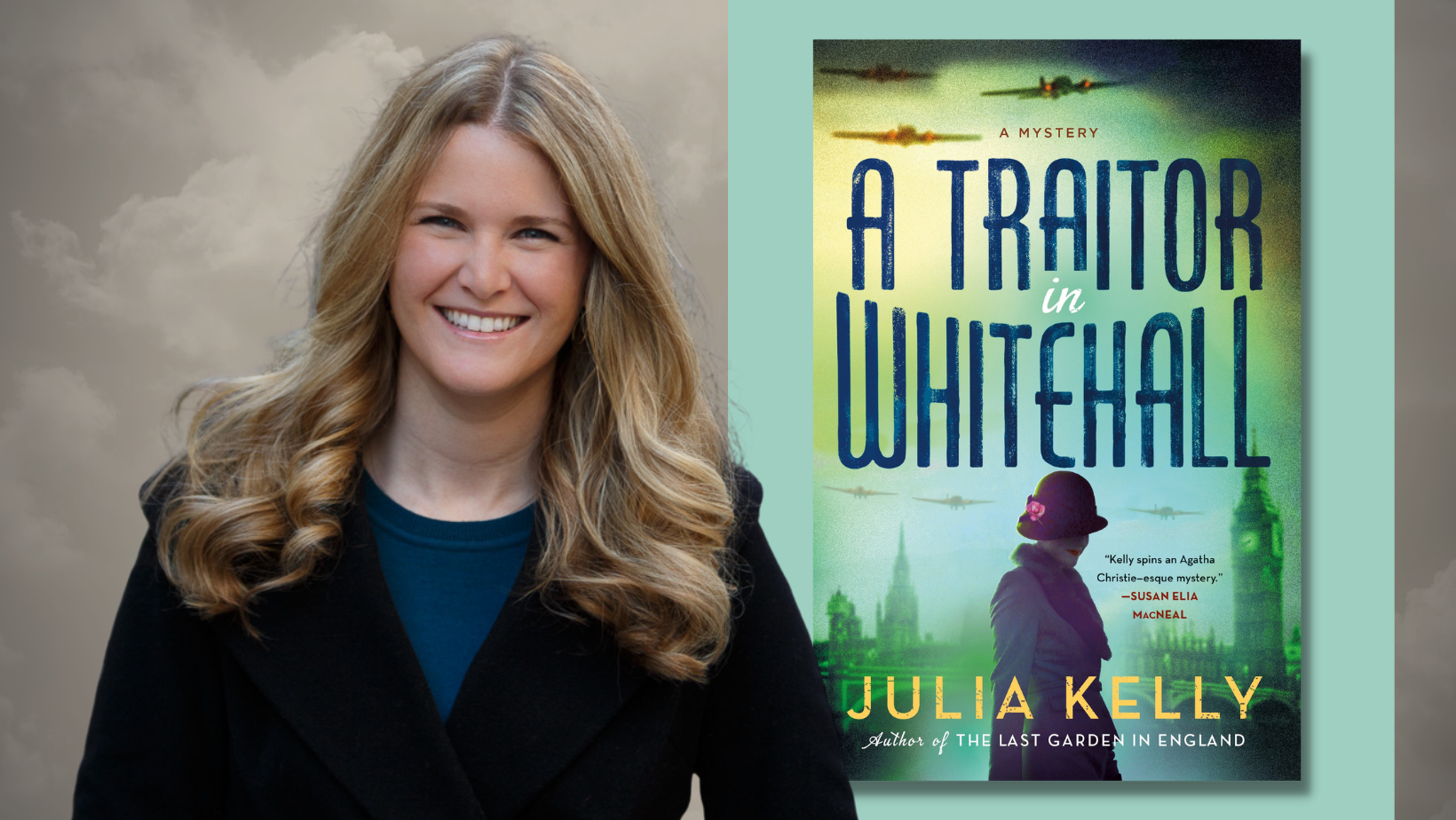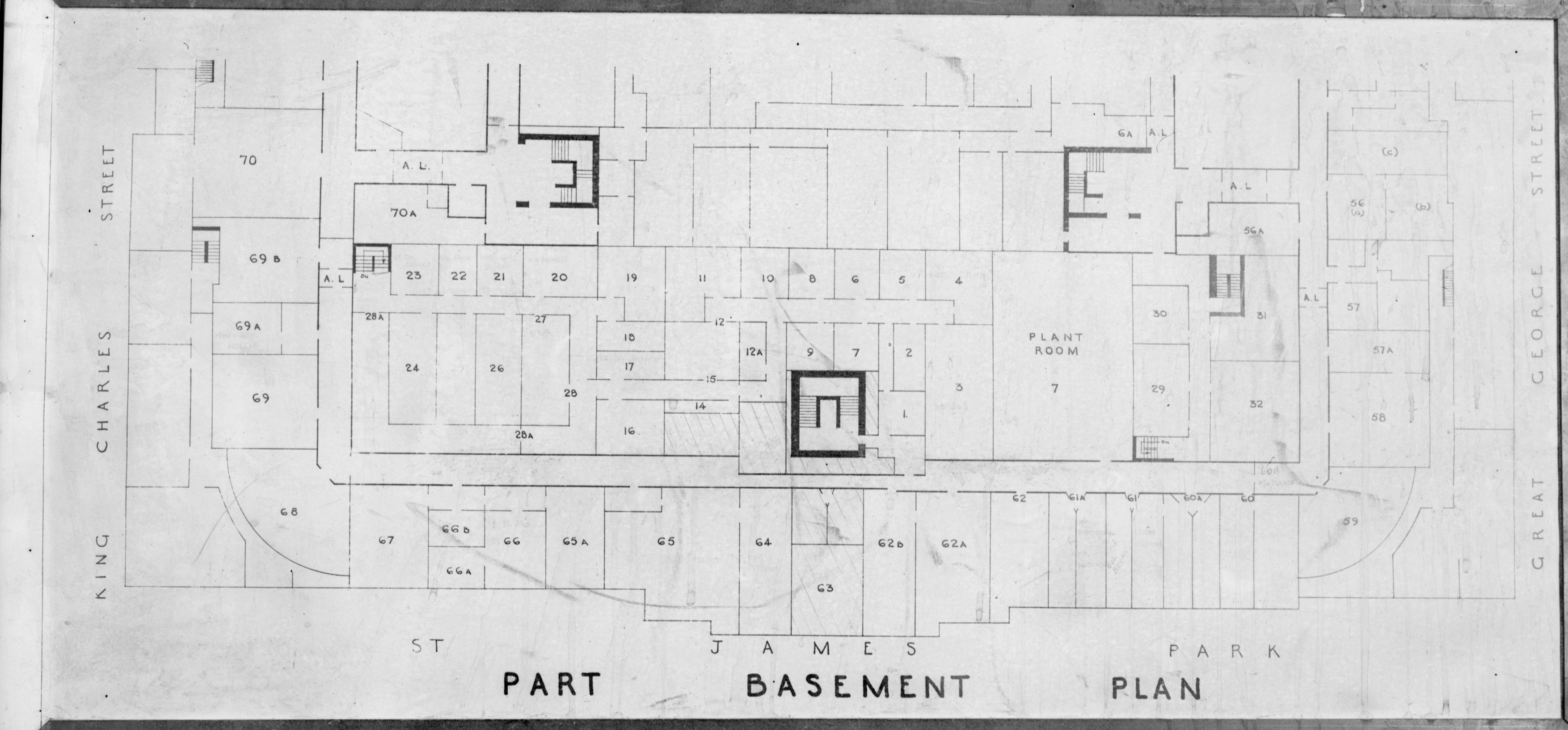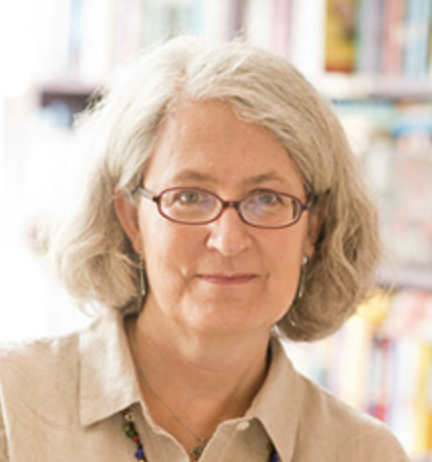
Julia Kelly wows with her debut historical mystery A Traitor in Whitehall. Kelly is a veteran of romance and straight historical fiction, so this is far from a freshman effort. The first in the Parisian Orphan series, features Evelyne Redfern, a young woman working the munitions line in wartime London. When Redfern is offered a job as a typist for the government, she's excited to step up in the world and do her part for the war effort, but she soon finds herself putting her mystery novel "expertise" to work when one of colleagues, a fellow typist, is murdered.
Mystery Scene contributor Robin Agnew found A Traitor in Whitehall "impossible to put down," saying, "There’s a murder, a bit of espionage, and a budding romance , making for an all around terrific read." Agnew recently caught up with Kelly to discuss her new venture into mystery.
Robin Agnew for Mystery Scene: Reading your bio, I saw that you started in romance, then moved to historical fiction, and this latest book is an historical mystery. Can you talk about the progression and why you wanted to write a mystery?
Julia Kelly: Both of my parents are great readers, but my mother in particular is a crime fiction aficionado, so mystery novels have always been a part of my life. However, it took some time to figure out what kind of mystery I wanted to write.
Mysteries were always on the back burner for me, but I started out writing first romance and then historical fiction, which is where I really found both a voice and an audience. Perhaps it isn’t too surprising then that when the idea for A Traitor in Whitehall popped into my head, I had no doubt that it would be a historical mystery!
This book is set during WWII, a period you have written about frequently. With so many books set during that time period, how did you manage to make A Traitor in Whitehall standout?
I really wanted to focus on creating a memorable character with a very strong voice in my amateur detective, Evelyne Redfern. Evelyne is a young woman who has had a taste of the notorious life thanks to the antics of her parents, but at the beginning of A Traitor in Whitehall, she’s still figuring out who she is. I like to think that, throughout the course of this book and over the entire Parisian Orphan series, she learns more and more about herself while also solving some dastardly crimes.

Photo of the original plan for the Cabinet War Rooms. (Credit: PA/Imperial War Museums)
One of the details that really fascinated me was that the women working for Churchill and his ministers had to sleep down in the bunker while they were on duty. What kind of research did this book involve, and can you talk about the bunker where the work of the war was carried out?
The idea for A Traitor in Whitehall struck me while I was walking through the Churchill War Rooms (the modern name for the Cabinet War Rooms, where the book is set) with a friend. It’s probably no surprise then that I leaned heavily on the museum and its excellent print and digital catalogs for both inspiration and research.
One of the more unglamorous things that I learned was that staff would work multiple day shifts, sleeping in the Dock. This was essentially a dormitory separated by gender and outfitted with bunk beds. There are oral histories of some of the women who worked in the Cabinet War Rooms, and several of them recall the unpleasant smell of the chemical toilets and unwelcome visits from curious rats.
I loved the character of Evelyne and her background, which is quite detailed. Can you talk about how you created the backstory for her? Will her father make an appearance in future books?
I had a blast creating Evelyne’s backstory, so I’m glad to hear you enjoyed the end result! I knew from the start that I wanted a bilingual character who spoke French and English like a native because I wanted to give myself some possible inroads into France later on in the series. To that end, I decided to give Evelyne a French socialite mother and an English explorer father.
I knew that Evelyne’s relationship with her father would be estranged from page one, so to counter that I made her relationship with her deceased mother very strong. Evelyne wears her maman’s watch and her earrings, and some of her mother’s pieces of advice guide her throughout the book.
One of the formative events in Evelyne’s life is her parents’ custody battle for her in the French courts. This is when she earns the nickname the “Parisian Orphan” from the international press covering the trial. That case and Evelyne’s nickname were inspired by the real custody battle over the heiress Gloria Vanderbilt, which earned Gloria the nickname “Poor little rich girl.”
I also liked Aunt Amelia, and it seems like there is more to discover about her. Will she be appearing again?
Aunt Amelia is one of my favorite characters to write, and I have plans for her that definitely include appearances in later books. She’s a woman who has strong opinions and secrets of her own!
I loved the fact also that Evelyn is a dedicated mystery fan. One of the things I enjoyed about the book was imagining getting to read, say, Busman’s Honeymoon when it was first published. Are you a big fan of Golden Age mysteries yourself?
Golden Age mysteries were my bread and butter when I was growing up, and they hold a large place in my heart to this day. I had a great time going back and rereading some old favorites as well as exploring some titles I hadn’t managed to get to. I’m doing my best to slip in as many mentions as I can wherever I can.
This book to me was structured very much as a traditional mystery, with the war as a background. I appreciated the detective work and also wondered how difficult it was to come from historical fiction and create a mystery, which I imagine has different constraints for a writer.
It was refreshing to write a book where the central focus is ultimately on solving a puzzle. In my historical novels, often the emotional growth of the main character is the big driving force of the book. However, in A Traitor in Whitehall, laying out a murder mystery and then bringing the reader along as my sleuth solved it presented a slightly different set of challenges. I think it stretched me as a writer, and I found a lot of joy in learning as I went.
Were there actually leaks in Churchill’s bunker as you discuss? Or would that kind of thing have been so secret no one would have ever known about it?
One of the things that has always struck me about the research I’ve done into all sorts of aspects of World War II is how seriously people took their duties and responsibilities. Early in A Traitor in Whitehall, Evelyne signs a document under something called the Official Secrets Act, which basically compelled people doing sensitive work not to speak about what they were doing to anyone. People took this so seriously that the public didn’t begin to learn about places like the Cabinet War Rooms and Bletchley Park until decades after the war when things started to be declassified.
To that end, I didn’t encounter any leaks on the scale of what I write about in A Traitor in Whitehall during my research. However, the beauty of writing fiction is being able to take some artistic license from time to time!

Switchboard operators and typists in Winston Churchill's War Room 60. (Credit: PA/Imperial War Museums)
I also liked the detail of the blitz, which of course I’ve read about before, but you really brought it home with the girls running to the phones when they could to check on their families. Can you talk about researching the blitz and finding new details for readers?
The Blitz is one of those subjects that, when you begin researching it, it’s almost impossible to wrap your mind around how devastating it was. I live in London and I know as a historical fiction writer that entire parts of the city I’m familiar with are completely different than they were before 1940 because of the bombs that fell.
I wanted to make sure to include little details to try to make a modern reader empathize with what was happening to Londoners in those terrifying first days. Things like the air raid sirens had been a part of wartime life before the Blitz, but never had they been so threatening. Public air raid shelters and gas masks became a necessity. The detail about the typists, who were effectively shut off from much of the world while they were on their shifts, desperately trying to find out what had happened to their families as more information came in about the parts of the city that had been hit hopefully reflects a little bit of what those early Blitz days might have been like.
Finally, is there a book in your life that has been transformational for you—something, when you read it, changed the way you looked at reading or writing?
I read Jane Austen’s Persuasion when I was about 18, and it absolutely gripped me. Never before had I read a character in Anne Elliot who was flawed, quiet, regretful, and yet comes into her own by the end of the book. I’ve always enjoyed Pride and Prejudice and the confidence of a character like Elizabeth Bennett, but I’ve always felt far more connected to Anne Elliot.
Julia Kelly is the international bestselling author of historical fiction and historical mystery novels about the extraordinary stories of the past. Her books have been translated into 13 languages. In addition to writing, she’s been an Emmy-nominated producer, journalist, marketing professional, and (for one summer) a tea waitress. Julia called Los Angeles, Iowa, and New York City home before settling in London.
 Robin Agnew is a longtime Mystery Scene contributor and was the owner of Aunt Agatha's bookstore in Ann Arbor, Michigan, for 26 years. No longer a brick and mortar store, Aunt Agatha has an extensive used book collection is available at abebooks.com and the site auntagathas.com is home to more of Robin's writing.
Robin Agnew is a longtime Mystery Scene contributor and was the owner of Aunt Agatha's bookstore in Ann Arbor, Michigan, for 26 years. No longer a brick and mortar store, Aunt Agatha has an extensive used book collection is available at abebooks.com and the site auntagathas.com is home to more of Robin's writing.


